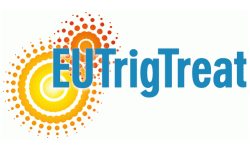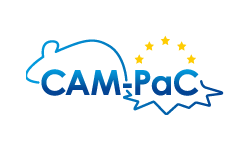SwitchItOn is a 3-year project funded by the EUREKA framework, aiming the development of novel genomic switches. Our consortium consists of four research groups, coming from different scientific backgrounds all over Europe. All of us are enthusiastic researchers visioning a future in which the genomic switches as a major toolkit, will assist in genetic disease researches.
SwitchItOn will develop novel genomic switches needed for the generation of precisely such cellular and animal models. The switches will allow turning on and off multiple (trans)genes independently of each other in vivo. First prototypes of three inducible systems are available, E-Rex, Phlo, & RuX, which can regulate gene expression by adding erythromycin (Ery), phloretin (Phlo) or RU486 to the system. In order to bring these expression systems to the market, all three systems need optimization in terms of increasing tightness, inducibility, sensitivity and reversibility..
Official Webpage







